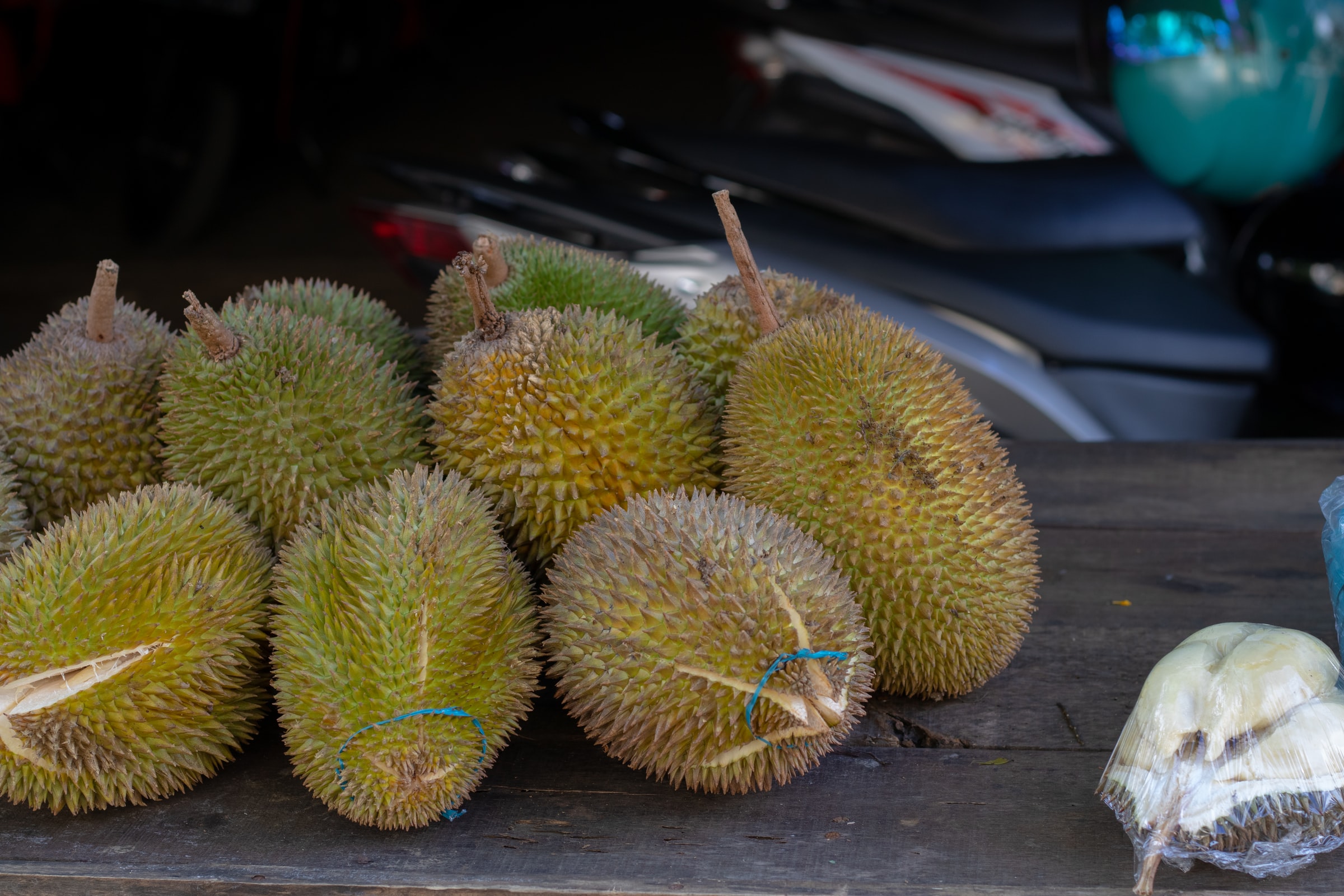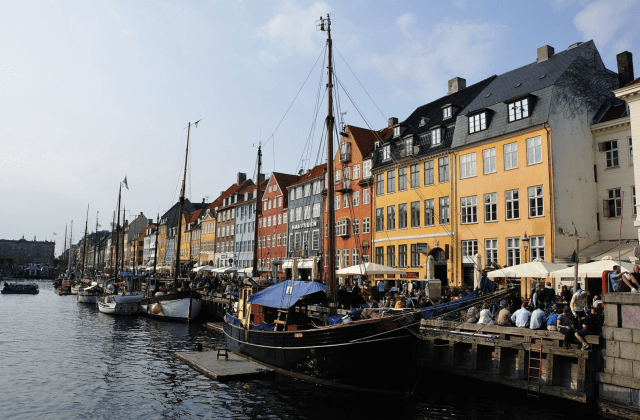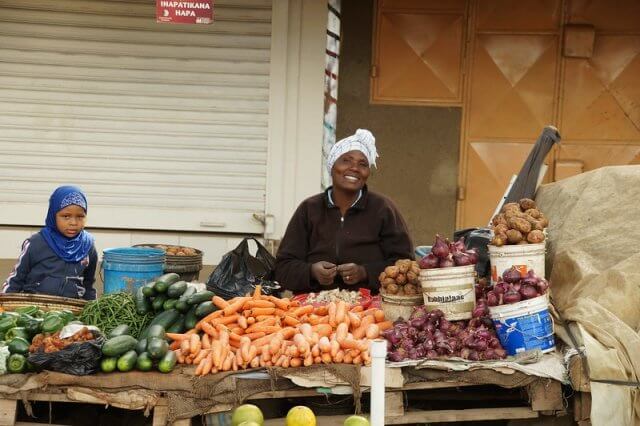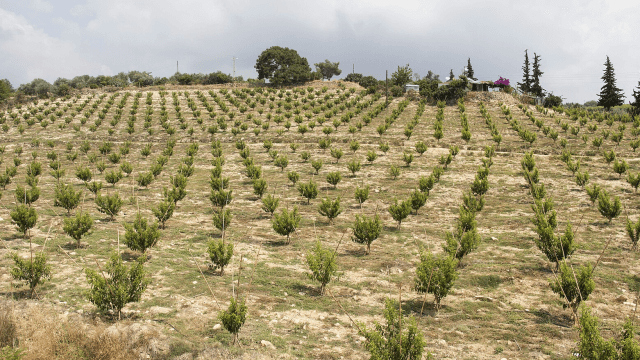Action and Aims
Surabaya previously had a Food and Nutrition Action Plan that covered the period from 2013 to 2015. This plan, which was never fully implemented, was developed by an internal city government working group and consultants, and was focused largely on production and distribution rather than the various forms of malnutrition in the city.
When it was introduced
In 2018, Surabaya City convened a multi-stakeholder forum to draw up its new Food Security and Nutrition Action Plan, with the active participation of relevant city departments, the private sector, civil society, non-governmental organisations, academia, and the media.
Why it was needed
In 2017 there was a lack of leadership over food and nutrition from within the city government of Surabaya. Despite the legal requirement, officials had not signalled any intention of developing a new Food Security and Nutrition Action Plan. Quite possibly no-one had even realised that the city had an obligation to do so, nor that the previous plan had quietly expired on the shelf.
Who initiated it, who is involved
GAIN has a Memorandum of Understanding with Indonesia’s national Ministry of Health to improve the nutritional status of people in selected regions of East Java, including Surabaya city. Aware of the requirement for sub-national governments to develop Food and Nutrition Action Plans every five years, GAIN teamed up with Institut Teknologi Sepuluh Nopember Surabaya (ITS), the only local university with an urban planning faculty, which in turn obtained the formal engagement of BAPEKKO. ITS served as executive agency to oversee the action plan development process, which included setting up a MSF.
Impacts to date
The first outcome of the MSF process is Surabaya’s new Food and Nutrition Action Plan, which takes the form of a matrix for each of the five pillars covering programmes, activities, performance indicators/outputs, baseline and annual targets, and responsible stakeholders. An open consultation on the draft Action Plan was held in November 2018, at which all MSF stakeholders gave input on how the matrix could be improved.
The drafting team at ITS then produced a final version that was sent to BAPEKKO and duly approved. At the time of writing (August 2019), the Mayoral Regulation to ratify the Food and Nutrition Action Plan is in the process of review by the city’s legal team. The regulation will establish a legal basis for local government departments to implement programme activities that fall outside of the city’s Mid Term Development Plan, such as the campaign to increase fruit and vegetable consumption, improvements to school canteens, and supporting small food vendors.
Aside from the written document a second, but equally important, outcome is the reinforced governance of food and nutrition in Surabaya. The Food Security Council, made up of officers from local government departments, has been revitalised. A new Mayoral Decree was passed to adjust its composition and roles in line with changes to the functions and competencies of National, Provincial, and Regional/City governments that were brought in 2014. The Food Security Council’s roles are to facilitate implementation, monitoring and evaluation of the Food and Nutrition Action Plan, to formulate policies that are in line with provincial food security and nutrition efforts and encourage public participation, and to ensure resilience of the city’s food system. The Food Security Council meets every three months and is chaired by BAPEKKO, with the Department of Food Security and Agriculture and the Department of Health jointly performing the secretarial function.
Although development of a Food and Nutrition Action Plan is a requirement for sub-national governments in Indonesia, Surabaya City is the first city government to have done so. As such, Surabaya has become an example for other Indonesian cities and the head of BAPEKKO was invited to a national forum in May 2019 to share the city’s experiences of how to adapt the national plan from rural areas to cities.





